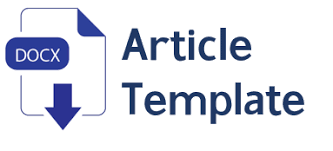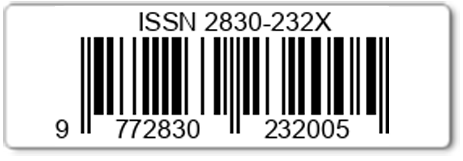The Improving Legal Students’ Vocabulary by Using Duolingo at First Semester in Universitas Muhammadiyah Papua
DOI:
https://doi.org/10.59086/jkip.v3i1.1115Keywords:
Duolingo, legal vocabulary, language learning, gamification, law students, digital educationAbstract
References
Aisyah & Hidayatullah. (2023). Study on Duolingo’s Vocabulary Acquisition Impact.
Anderson, R. C. (1984). Role of the reader’s schema in comprehension, learning, and memory. In R. C. Anderson, J. Osborn, & R. J. Tierney (Eds.), Learning to read in American schools: Basal readers and content texts (pp. 243-257). Hillsdale, NJ: Erlbaum.
Duolingo (2024). Official Language Learning Application Features.
Indrasari, H. A. (2024). Exploring Duolingo’s Impact on Vocabulary Learning. Repository Universitas PGRI Delta.
Krashen, S. D. (1985). The input hypothesis: Issues and implications. London, UK: Longman.
Piaget, J. (1954). The construction of reality in the child. New York, NY: Basic Books.
Pramesti, R. D., Padmadewi, N. N., & Wahyuni, L. G. E. (2025). Duolingo: A Qualitative Study on Vocabulary Acquisition. TATEFL Journal.
Sandipuniversity. (2024). Mastering Law: Enhancing Your Legal Vocabulary.
Skinner, B. F. (1957). Verbal behavior. New York, NY: Appleton-Century-Crofts.
Syarifuddin, S. S. (2023). Using Duolingo Application for Students’ Vocabulary Mastery at MTs Negeri Pinrang.
Vygotsky, L. S. (1978). Mind in society: The development of higher psychological processes. Cambridge, MA: Harvard University Press.
Downloads
Published
How to Cite
Issue
Section
License
Copyright (c) 2024 Irfun Irfun

This work is licensed under a Creative Commons Attribution 4.0 International License.
Tutwurihandayani Jurnal Ilmu Pendidikan
Publisher Lembaga Riset Ilmiah
© 2023

This work is licensed under a Creative Commons Attribution 4.0 International License.
Most read articles by the same author(s)
- Irfun Irfun, Improving Student’s Reading Comprehension by Using Bookr Class Application in Smp Muhammadiyah Jayapura , Tut Wuri Handayani : Jurnal Keguruan dan Ilmu Pendidikan: Vol. 4 No. 1 (2025): Maret 2025


















